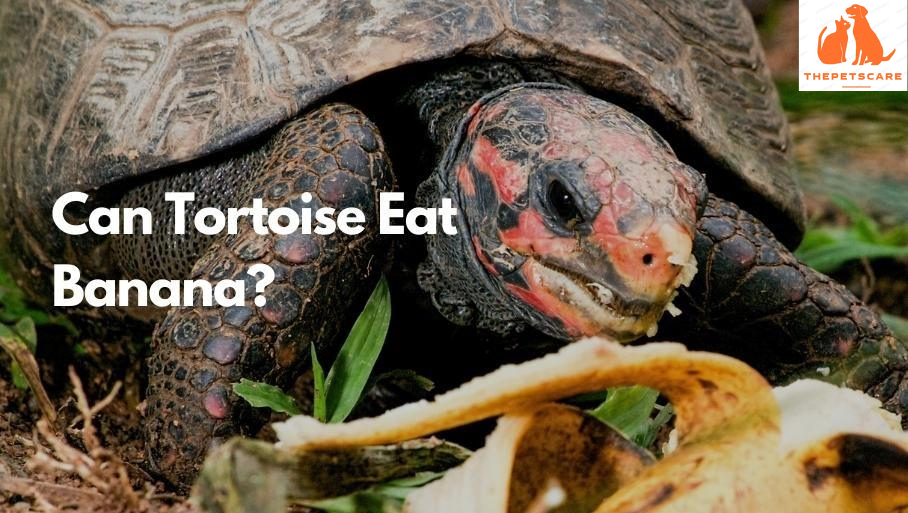Tortoises, fascinating reptiles, are known for their herbivorous diet and slow pace. It’s important that responsible pet owners and wildlife enthusiasts provide these amazing creatures with a healthy and balanced diet in order to maintain their well-being. Tortoises are often asked if they can eat bananas. Bananas, a fruit that is popular with humans, are also a tasty treat for our animals. Before adding bananas to the diet of a tortoise, it is important to know both the benefits and dangers.
1. Nutritional Composition and Benefits of Bananas
Bananas contain essential nutrients such as carbohydrates, vitamins and minerals. Natural sugars such as glucose and fructose are found in bananas. They provide a quick energy source. Bananas also contain potassium, vitamin B6, vitamin C and dietary fibre, which are all essential to maintaining good health for many animals including humans.
2. Moderation is key:
Bananas are a good source of nutrition, but they shouldn’t be a regular food for tortoises. Tortoises need a diet that is mainly herbivorous, which includes leafy greens and vegetables. They also require fruits, but in small amounts. Bananas and other fruits can cause nutritional imbalances that may lead to long-term health problems.
3. Fiber and Digestive Concerns
The high sugar content and low fiber of bananas is one of the biggest concerns when feeding them to tortoises. Too much sugar may disrupt the gut flora of a tortoise, causing digestive issues and diarrhea. The low fiber content could also cause constipation and other digestive problems.
4. Calcium-to-Phosphorus Ratio:
Maintaining an appropriate calcium-to-phosphorus ratio is crucial for the health of tortoises. Unbalanced ratios can cause shell and bone problems, including metabolic bone disease. Unfortunately, bananas have a low calcium content and a high phosphorus content, making them less than ideal for tortoises when compared to other foods that offer a better calcium-to-phosphorus ratio.
5. Vitamin D3 Synthesis
To synthesize vitamin D3, a vital component for calcium absorption, tortoises must be exposed to UVB light. Tortoises without enough vitamin D3 may have problems absorbing calcium from their diet, resulting in various health issues. Bananas do not contain vitamin D3, but they can be used in conjunction with a balanced diet that contains foods high in this vitamin, and UVB light.
6. Pesticides and Chemical Concerns
It is important to make sure that any fruit or bananas you give to tortoises are free of pesticides or other harmful chemicals. By purchasing organic or pesticide free fruits, you can reduce the chance of tortoises being exposed to harmful substances which could negatively affect their health.
7. Individual Tortoise Differences:
You should recognize that every tortoise has its own unique characteristics. What works for one tortoise might not work for another. Some tortoises can tolerate bananas as small quantities in their diet with no adverse effects. Others may have digestive problems or other health issues. It is important to closely monitor your tortoise’s behavior and overall health when you introduce new foods.
While bananas may offer nutritional benefits to tortoises in small amounts, they must be consumed with a balanced diet. Bananas are not the best food for tortoises because of their high sugar content and low fiber. Instead, focus on providing a varied diet that includes leafy greens, vegetables, and occasional fruits with a better calcium-to-phosphorus ratio.
Consult a vet or reptile specialist prior to making any major changes to the diet of your tortoise. You can help your tortoise live a long and healthy life by being aware of its nutritional needs.


